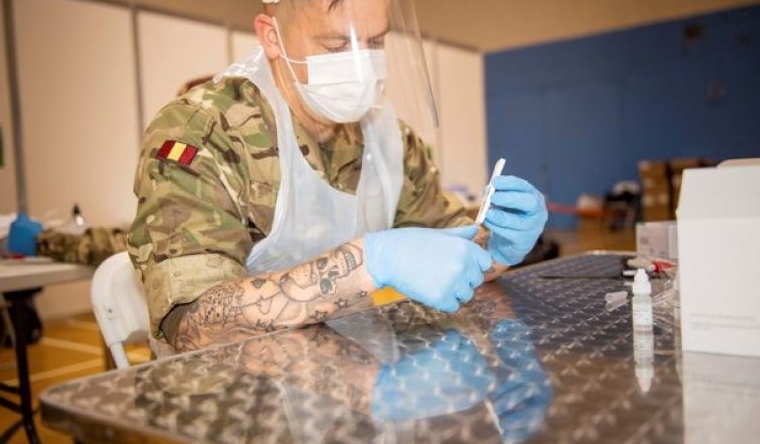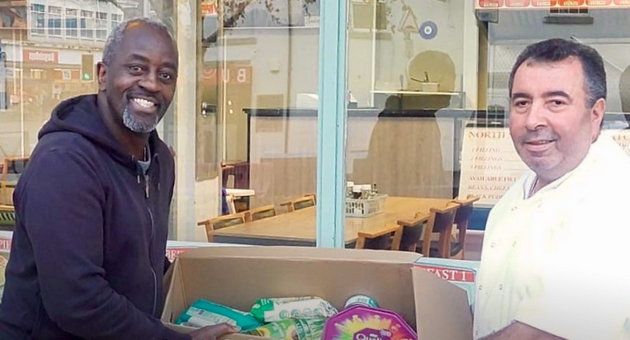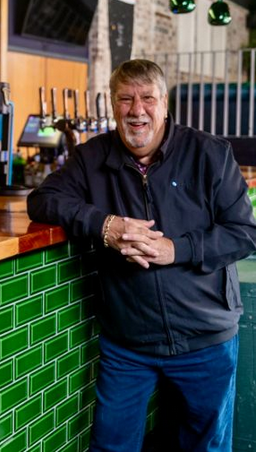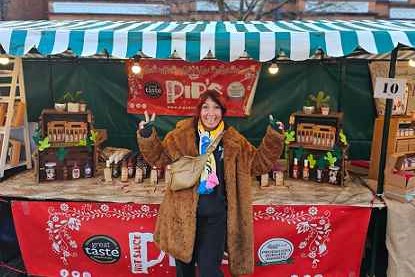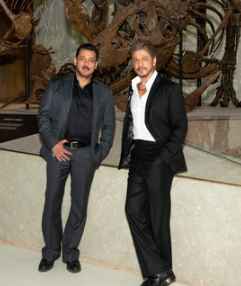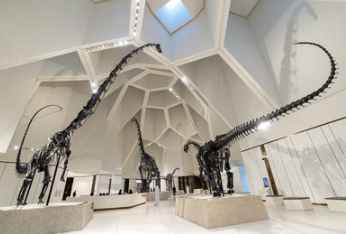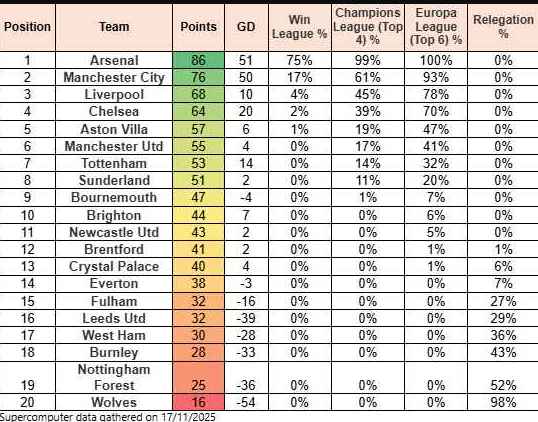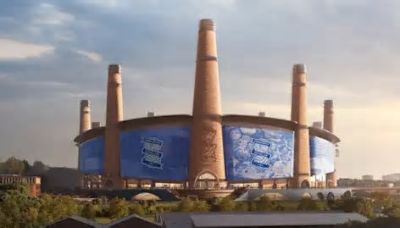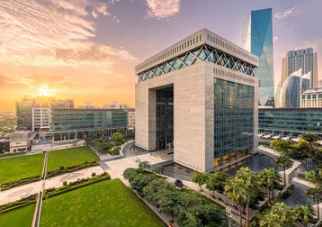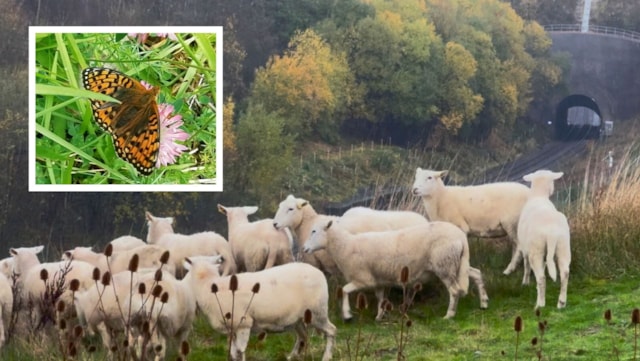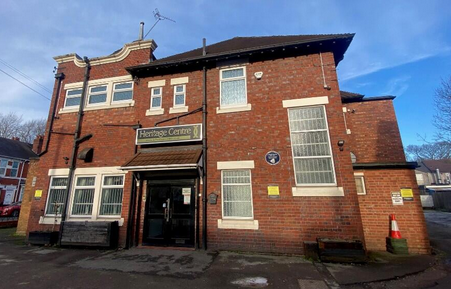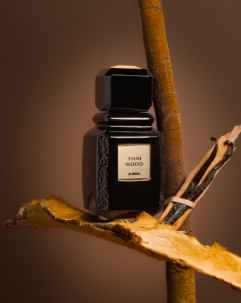The armed forces could help transport further stocks of the Pfizer/BioNTech vaccine from Belgium to the UK, with vaccinations due to begin today.
Asked if a no-deal Brexit could delay supplies, James Cleverly said it was a "top priority" and the government would look to ensure supplies were available "in whatever circumstance".
Military personnel are already helping to construct vaccination centres. Health Secretary Matt Hancock tweeted all parts of the UK had vaccine doses.
Front-line health staff, those over 80, and care home workers will be first in line for the vaccine.
In England, 50 hospitals have been initially chosen to serve as hubs for administering it.
Scotland, Wales, and Northern Ireland will also begin their vaccination programmes from hospitals today. The government announced a further 14,718 people had tested positive for the virus while a further 189 people had died within 28 days of a positive test - taking the total by that measure to 61,434.
The Ministry of Defence said 60 military planners are working with the government's vaccine task force, with a further 56 personnel helping to construct vaccination centres. Armed Forces minister James Heappey said around 13,500 military personnel were on "high readiness" - with more than 2,000 deployed so far to help with testing and the government's Covid response.
Refrigerated containers holding the vaccine doses, which need to be kept at -70C, have been arriving in the UK from Belgium, where it is made, and are being prepared to be moved from secure locations to the hospitals. Asked whether the armed forces would be used to help transport the vaccine to the UK, Mr Cleverly said: "Potentially - we are looking at non-commercial flight options."
In response to concerns a no-deal Brexit could cause delays in getting the vaccine into the UK, he said: "This is such an important product, it's probably perhaps the most important product, so we will look to ensure that those supplies are available in the UK in whatever circumstance."
Asked to confirm if this meant the armed forces would be used if needed, he said: "If we need to." It comes as talks between the UK and the EU continue in a bid to reach a post-Brexit trade deal.
Downing Street did not deny that RAF flights could be used to bring supplies of the vaccine over from other European countries if there were problems at ports caused by a no-deal Brexit. The prime minister's official spokesman would not comment on specific plans for "security reasons". But he said "the military will have a role to play in what's been an enormous logistical challenge and I'm sure they will continue to do so as we move forward".
About 800,000 doses of the vaccine are expected to be available in the United Kingdom from next week.mSo far the government has ordered a total of 40 million doses - enough to vaccinate 20 million people, with two shots each, 21 days apart.
With limited quantities initially available, elderly people who are already attending hospital as an outpatient, as well as those who are being discharged after a hospital stay, will be among the first to receive the jab. Others over the age of 80 will be invited to attend the hospital to receive a jab, and care home providers will be able to book their staff into vaccination clinics.
Any appointments not used for these groups will be used for healthcare workers who are at highest risk of serious illness from the virus.
Chris Hopson, chief executive of NHS Providers - which represents hospitals and other NHS trusts in England - said people over 80 should not be concerned if they did not receive a letter calling them to be vaccinated this month, as the "vast majority" of people would have to wait until next year.
Asked whether the Queen, who is 94, would receive the vaccination this week, the prime minister's official spokesman said it was a matter for Buckingham Palace. However, he added: "It is obviously a statement of fact that the Queen and Prince Philip are over 80 and are in a priority group."
Although care home residents and staff were placed at the top of the priority list agreed by the Joint Committee on Vaccination and Immunisation (JCVI), they are not getting the very first vaccinations. The government has explained this is because the chosen hospital hubs already have the facilities to store the vaccine at the required temperature of -70C. But Health Secretary Matt Hancock said the government was doing everything it could to overcome "significant challenges" to ensure care home residents were vaccinated as soon as possible.



